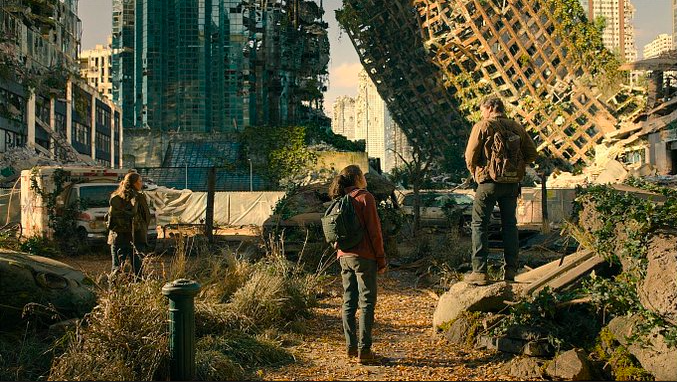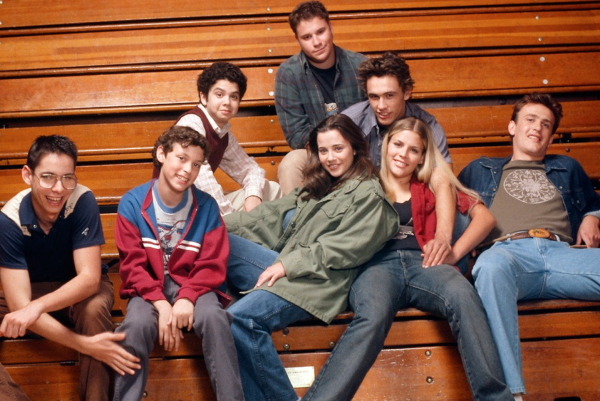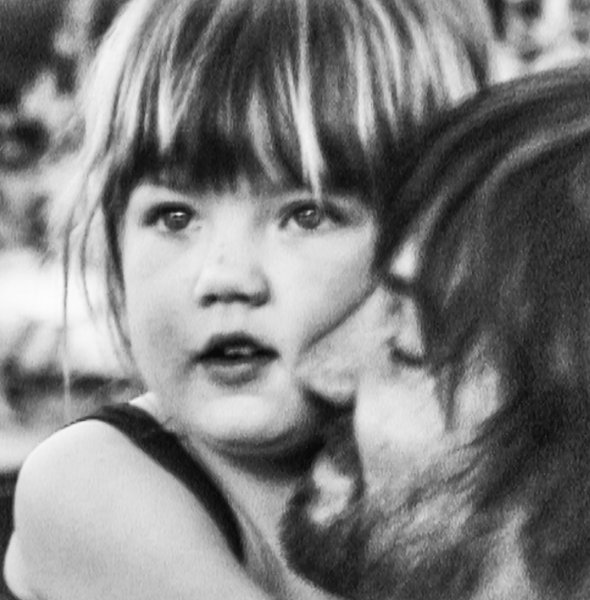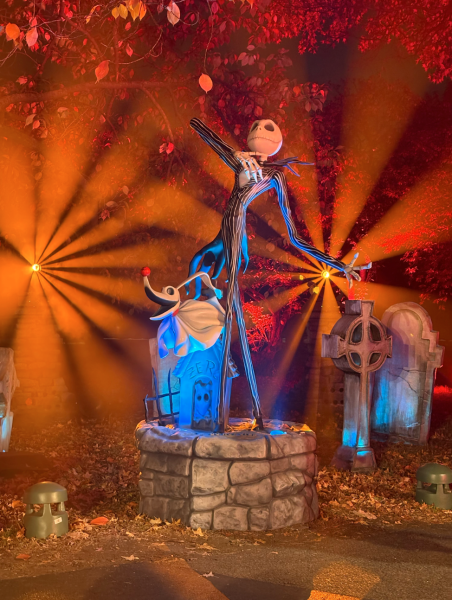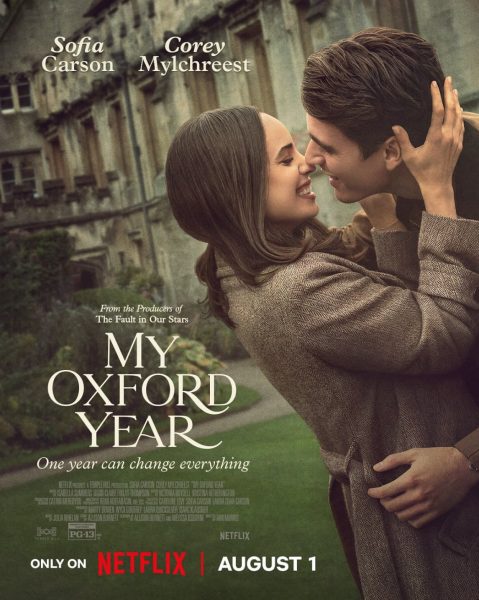“The Last of Us” is a Promising Adaptation in a Series of Hit-or-Misses
“The Last of Us” has received stellar reviews from both new and old fans alike, making for a promising adaptation of the popular video game. (Courtesy of Twitter)
Video games, film and television are some of the most popular ways in which people engage with media. When they collide, however, the result seems akin to the effect of oil on water, especially when video games are adapted into live-action films and/or television series. Capturing the distinctive story formatting and structure, as well as the art direction, of video games seems to be film and television’s Achilles heel when it comes to adapting them to the big or small screen. Just look to 2018’s “Rampage,” 2022’s “Uncharted,” as well as the “Sonic the Hedgehog,” “Mortal Kombat” and “Resident Evil” franchises as examples of adaptations that have been bombed by critics and audiences alike. However, HBO’s series “The Last of Us” seems to be the exception. The first episode premiered on Jan. 15, and the series has received critical acclaim, currently holding a 99% on the Tomatometer and a 95% audience score. Considering the 2013 Naughty Dog video game has a dedicated following, this praise is staggering. Spectacular cinematography, strong performances and engaging storytelling prove that “The Last of Us” is a deft and beautifully constructed story that transcends the sour reputation of film and television adaptations of video games.
The success of an adaptation is threefold: compelling source material, insert the best qualities of the source material into the adaptation and expand upon the source material by adding more dimensionality and, perhaps, even improving upon it altogether. Just from the first episode, it is evident “The Last of Us” has established itself as a masterful adaptation. Having HBO develop and produce “The Last of Us” as a series was a smart decision. “The Last of Us” video game has been lauded by critics and audiences for elevating the interactive medium because of its complex characters, emotional storytelling and stunning visuals. All of these qualities are associated with prestige television, a concept with which HBO is well-acquainted and associated. “The Last of Us” has found its home on HBO, and the best aspects of the video game will be done justice.
The first episode covers a lot of ground by spanning several decades. The series opens with a brief scene on a talk show during the 1960s as two epidemiologists discuss the likelihood of a devastating global outbreak of a fungal virus if the climate warms up, setting an eerie tone for the remainder of the episode. After the opening credits, we are transported to 2003 in Austin, Texas where we meet Joel (Pedro Pascal), his young daughter Sarah (Nico Parker) and Joel’s brother Tommy (Gabriel Luna) on the day of the outbreak. After a traumatic and devastating loss, the story shifts again to twenty years in the future to post-apocalyptic Boston. This period is where the central plot of “The Last of Us” takes hold, as Joel and his companion Tess (Anna Torv) are tasked by the rebel group The Fireflies with transporting hardened and sarcastic 14-year-old Ellie (Bella Ramsay) across the country to a medical facility in hopes she might be the key to the future of humanity.
The success of this adaptation can be attributed to Neil Druckmann’s heavy involvement. Druckmann was the co-developer and the writer of the video game in 2013 and is also credited as a co-developer, writer and executive producer on HBO’s adaptation. Druckmann’s dedication to the source material can be felt from the get-go, as many key sequences of the first episode are shot-for-shot video game recreations. Director and co-writer Craig Mazin of fellow acclaimed HBO series “Chernobyl” is certainly to be thanked for the visually compelling scenes. The truck escape scene is the highlight of the episode. Shot through the perspective of Sarah, the viewer is placed in the melee of the outbreak as if they are playing the game. From the backseat of uncle Tommy’s truck, the viewer is put in the position of the gameplayer and is with Sarah, Tommy and Joel dodging the infected and panicking civilians while attempting to make their escape to safety. The scene pays homage to the series’ video game roots without being overly heavy-handed.
“The Last of Us” is a brilliant execution of a beloved video game. If the rest of the series holds up as well as the first episode, “The Last of Us” could be the saving grace of film and television adaptations of video games. Excellent direction on top of stellar performances by Pascal, newcomer Parker and Ramsay, “The Last of Us” is bound to be one of the best shows of the year (and will be on my calendar to watch every Sunday).



































































































































































































